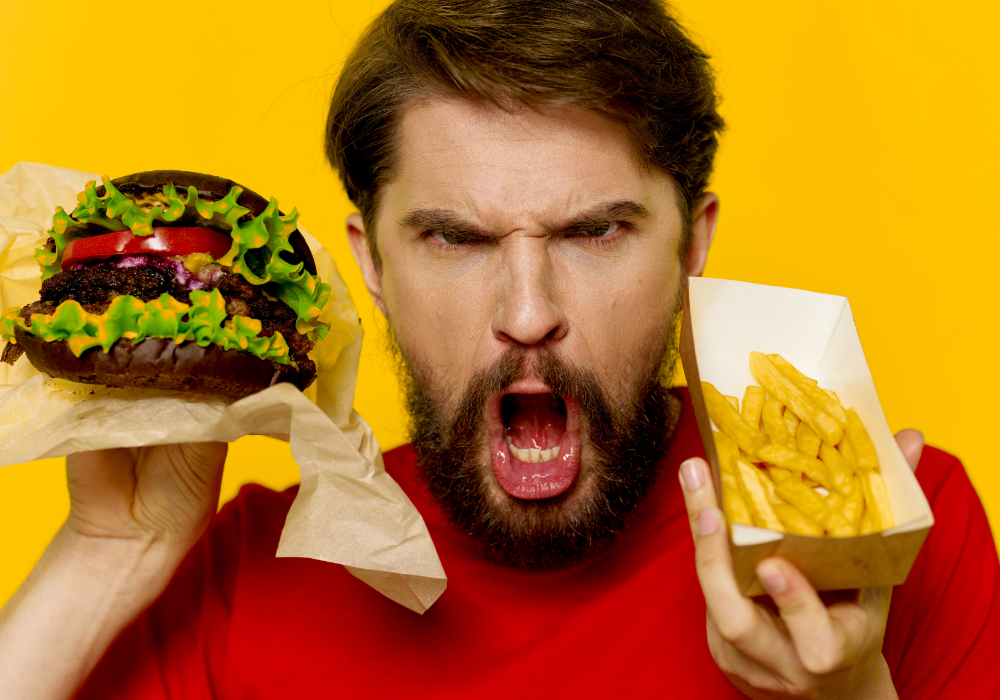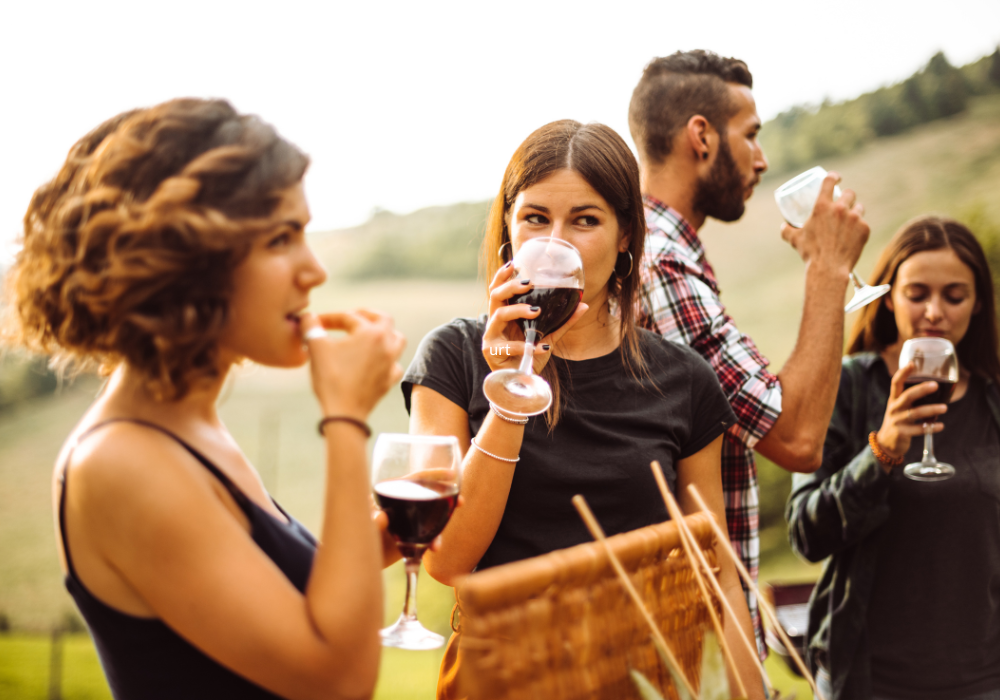What’s helping your body might be destroying someone else’s land.

The wellness world loves to talk about purity, balance, and connection to nature—but it rarely talks about where those “natural” ingredients actually come from. Superfoods, supplements, herbal remedies—many are sourced from fragile ecosystems and overharvested landscapes that can’t keep up with global demand. You’re told they support your health, but no one tells you what they’re doing to the places and people supplying them.
Some of the most popular ingredients in holistic and alternative medicine are tied to land degradation, species loss, and exploitation of Indigenous knowledge or labor. None of this means you have to stop caring about your body. But it does mean the industry’s halo of green doesn’t always match the damage behind the scenes. If your wellness depends on someone else’s collapse, it’s not really healing.








